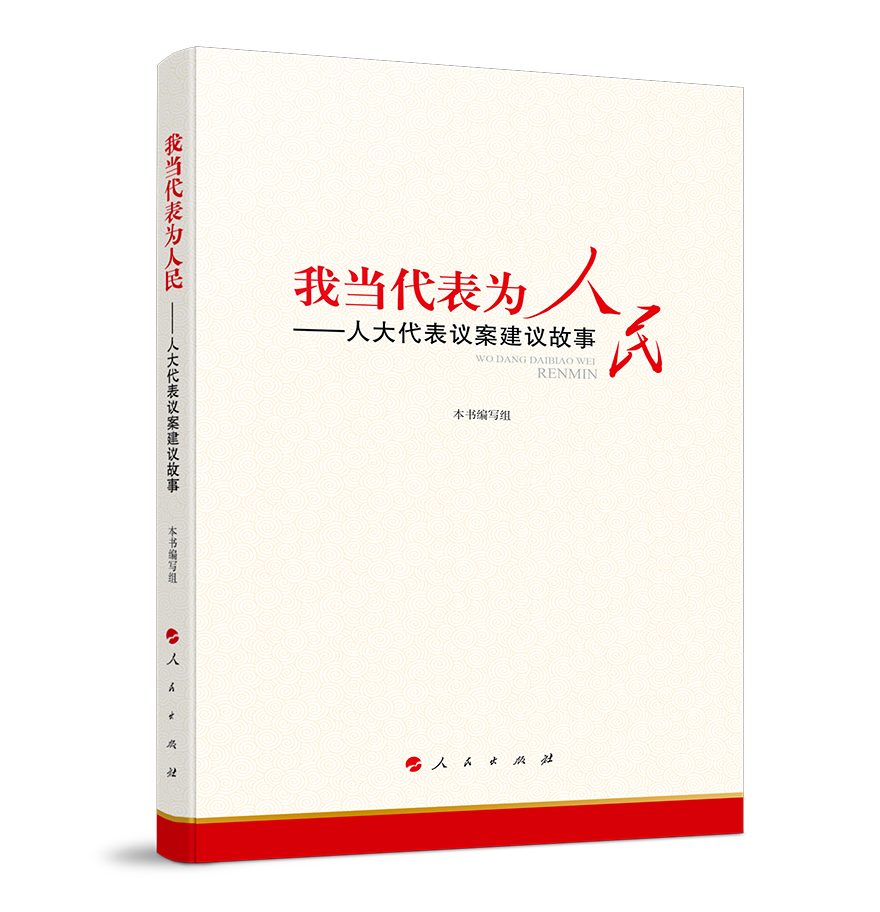Why is Sri Lanka's situation falling into turbulence
Author:Jinan Times Time:2022.07.12
A protests broke out on July 9, the capital of Sri Lanka. President Gotapa Rajapaksa and Prime Minister Renier Wikahaminha said they would resign. According to Sri Law, if the president and the Prime Minister resign, the parliamentary speaker can serve as a temporary president for 30 days and organize election activities to select new presidents during this period. Subsequently, the president appointed the Prime Minister, but the Prime Minister also needed to be recognized by parliament. The turbulence of the Sri Lanka will continue in the short term, because of its long -term accumulation.
Since the beginning of this year, Sri Lanka has a serious shortage of food, oil and gas, and drugs. Food prices have risen sharply, inflation has continued to intensify, and the economy is on the verge of collapse. The Sri Lanka had previously announced the "bankruptcy", the school was also forced to close, and the people were dissatisfied with their emotions. According to the World Grain Program, more than 6.2 million people are facing food shortages in the country's population of about 22 million, and about 61%of families have to reduce food consumption.

On May 21st, workers moved goods in Beta Market in Karonbo, Sri Lankan. (Photo by Tang Lu, a reporter from Xinhua News Agency)
In May of this year, then Prime Minister Maxinda Rajapaksa resigned, and then Vikra Marinha served as the Prime Minister. However, this has not been able to resolve the dilemma facing the country's economy. Professor Jia Yada Wangogoda, Professor of Political Science, University of Colombo, said that in the face of a worsening economic crisis, the Sriors Bureau may face more uncertainty in the future, and new leaders in the future will also face severe challenges.
Analysts believe that the economic situation of Sri Lanka has deteriorated in recent years, which is the result of the common role of internal and external factors.
In terms of Neyo, Sri Lanka has suffered British colonial rule. The relics of the colonial economy have led to the country's economy still seriously relying on a few crops such as tea and rubber. The single economic structure has led to its weak ability to resist risks. In 2021, the Sri Lanka promoted the disable of chemical fertilizer for the development of organic agriculture. Although the ban has been relaxed in the dissatisfaction of the public since then, according to experts, the ban reduced the annual output of Sri Lao about 43%, and the export of economic crops such as rubber, coconut, and tea decreased by 40%. Many farmers have lost their income sources. The reduction of crop production has led to soaring food prices, a large number of people's lives are in trouble, and the impact of low -income groups has more impact.

On May 19th, the public lined up in front of a gas station in the Coronapu of Sri Lanka and waited to buy kerosene. (Photo by Xinhua News Agency, Agit Perera)
In terms of external causes, Sri Lanka's economy is largely dependent on foreign exchange income, and its production materials and necessities are highly dependent on imports. Tourism is one of the main sources of Sri Lanka. After the new crown epidemic was outbreak, the number of international tourists from Laisi Tourism fell. Although the overall situation improved in 2021, it was not as good as the pre -epidemic level. Affected by the epidemic, another important pillar of Sri Lanka's foreign exchange -overseas migrant workers also decreased significantly. The overlapping of the two has led to a significant reduction in foreign exchange income. According to data from the Ministry of Finance of Sri Lanka in May this year, the country's use of foreign exchange reserves has dropped to less than 50 million US dollars.
Since February of this year, factors such as the upgrading of the Ukraine crisis have led to the continuous rise in global food and energy prices, making it more difficult for Sri Lanka, which was already tight foreign exchange, to import sufficient food and energy, which has continued to deteriorate its domestic inflation. Sri Lanka's inflation rate reached 54.6%of the record in June, and the inflation rate of food was as high as 80.1%. Vikra Masinger said in early July that the country's inflation rate will reach 60%in the next few months.
The Portuguese "Public" Daily website recently said that "the problem of Sri Lanka has its own characteristics and is mainly caused by internal causes, but its collapse is also inseparable from a series of intricate global phenomena."
Source: Xinhua News Agency
Edit: Weekend
- END -
[Recommended by good books] From 100 stories, feel the vivid practice of the people's head as the master

During the National People's Congress meeting each year, the representatives make ...
Shaoyang: Accurately gives Lilian Enterprise Action efficiently empowering the development engine

How to refund the deduction tax at the end of the value -added tax period? Whether...